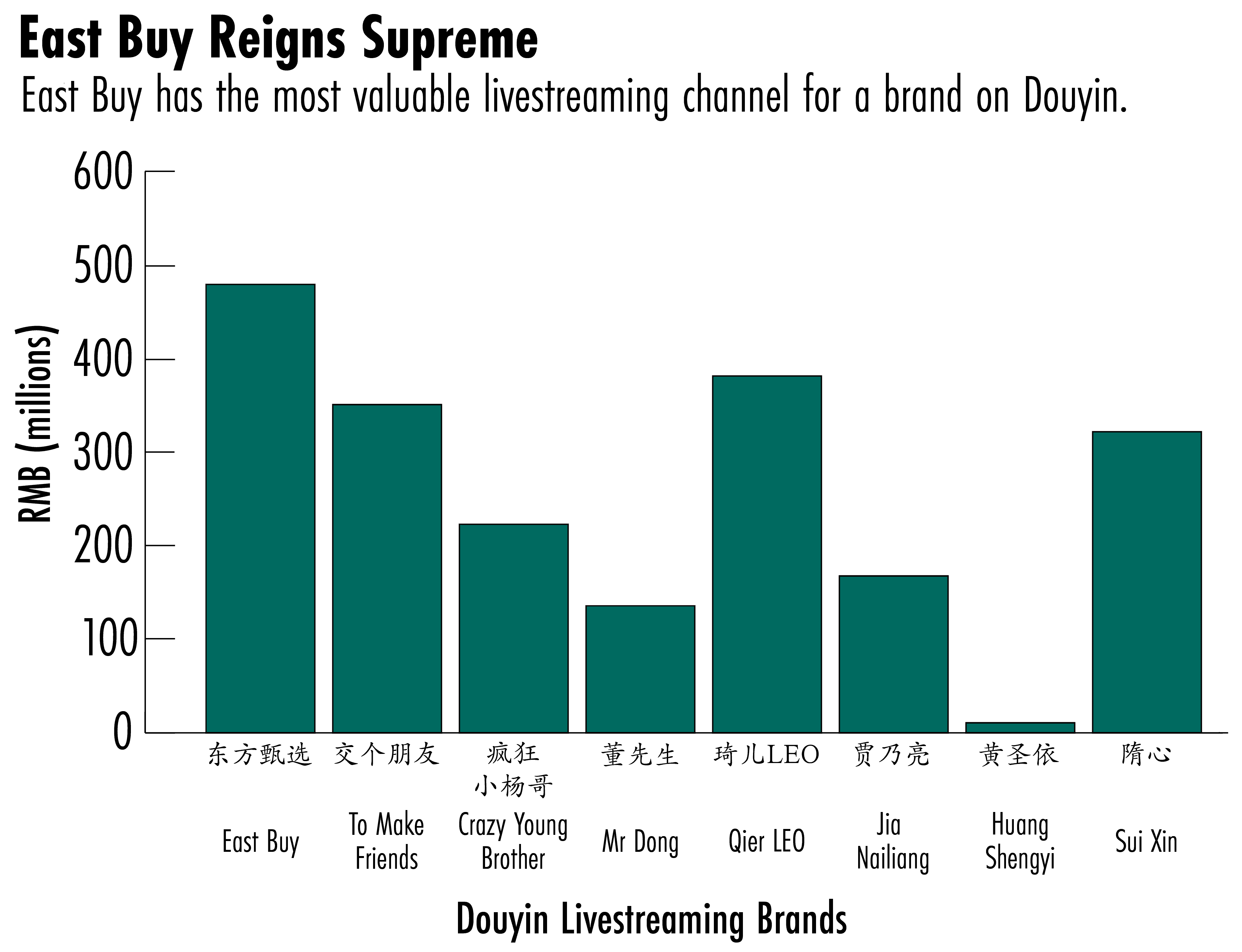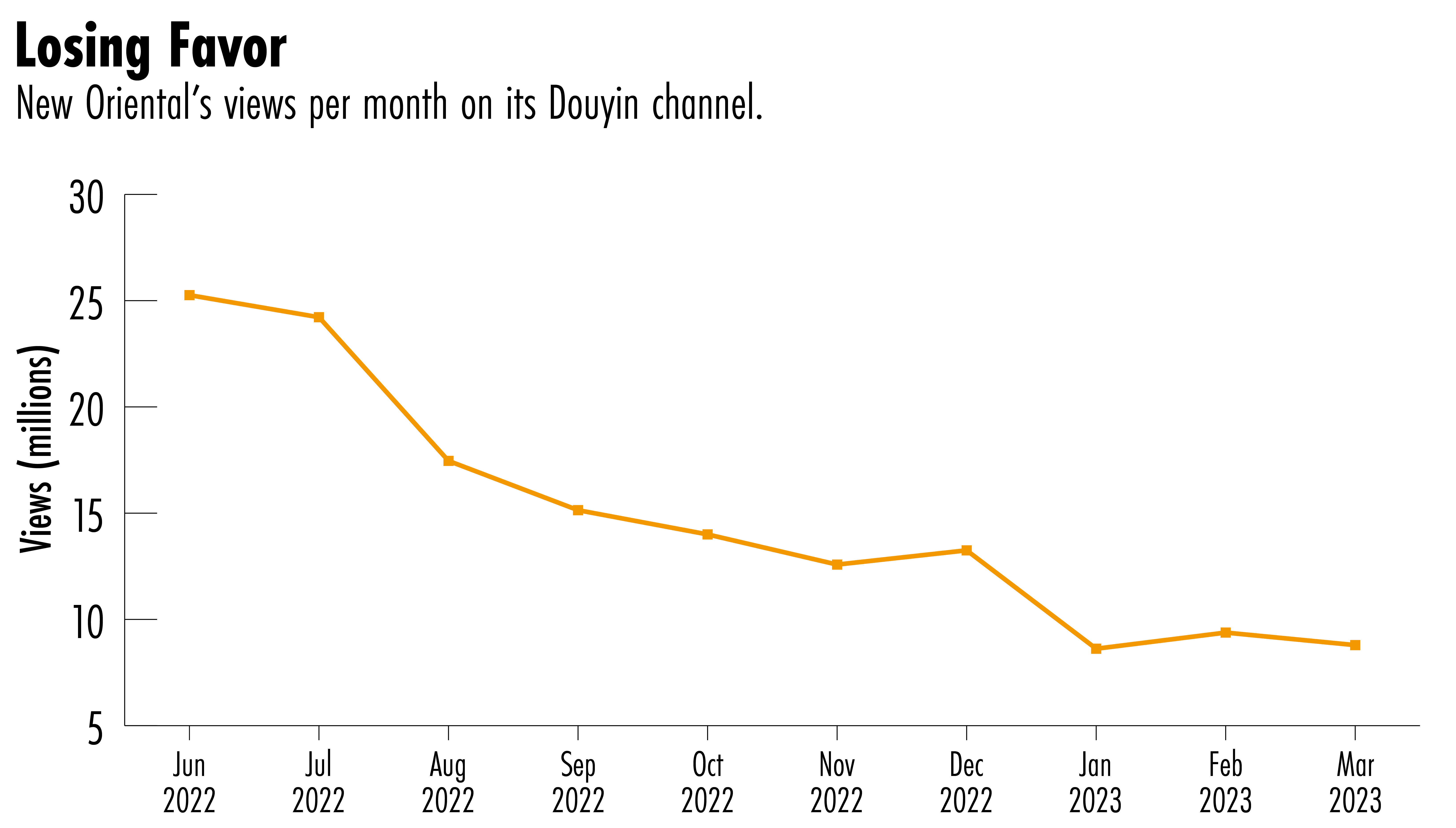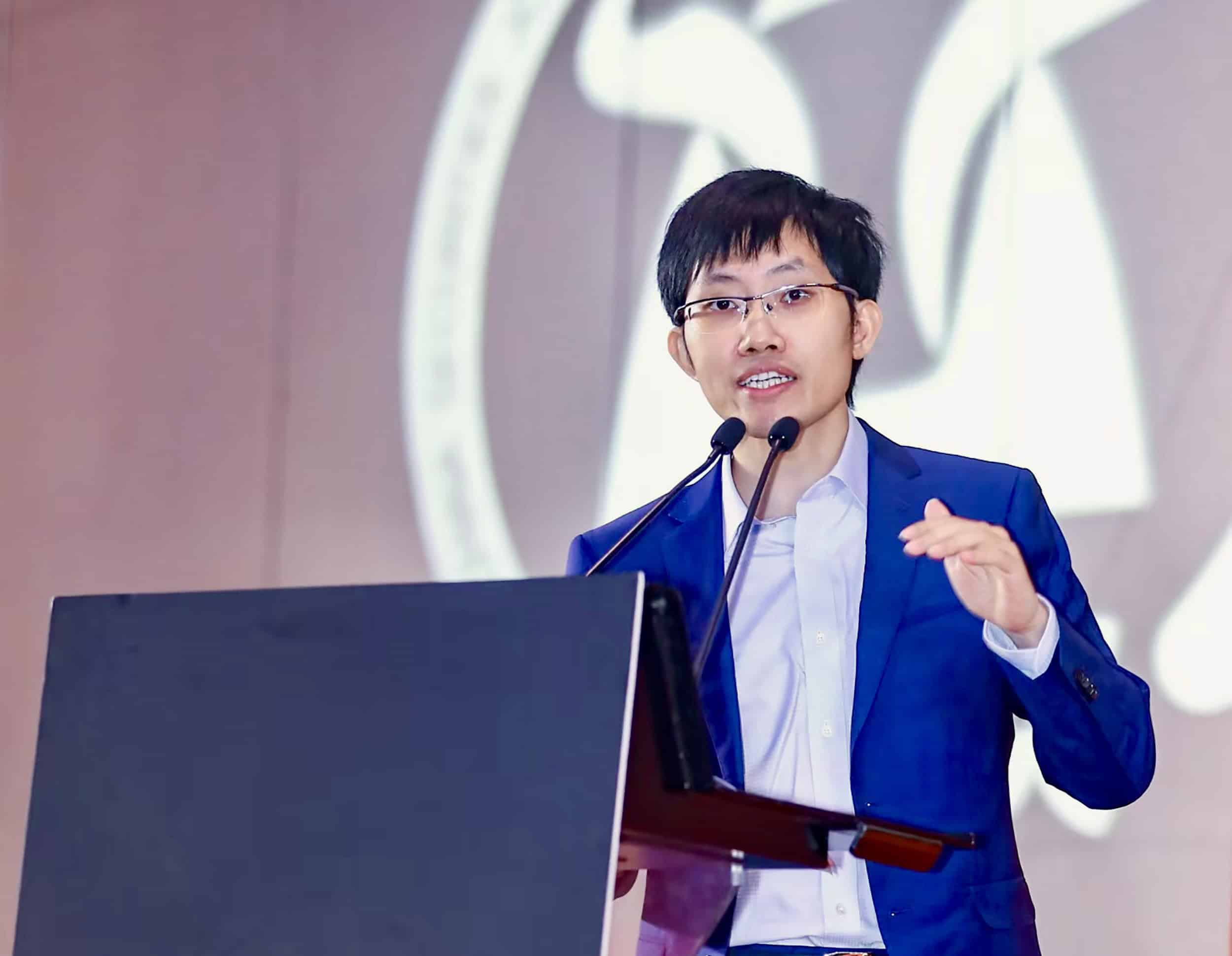
In July 2021, China’s government nearly wiped out the country’s entire online tutoring industry after it banned almost all private, after-school educational services. Six months later, Yu Minhong, founder of online education giant New Oriental, was seen in public for the first time in a surprising new role: selling cherries and other fruits and vegetables via a livestream.
Yu’s move was part of New Oriental’s pivot to e-commerce after its previous business of selling after-school tutoring and classes became nearly impossible. At the time, Yu’s livestream was widely viewed as a desperate attempt to save a doomed enterprise. His apparent fall from grace even elicited sympathy among some Chinese internet users concerned about one of the country’s previously most successful entrepreneurs.
But a year-and-a-half into New Oriental’s e-commerce experiment, Yu’s pivot appears to be paying off. New Oriental’s latest financial results reveal that the firm has regained profitability as it grows its e-commerce business, called East Buy.

This week The Wire China looks at the niche New Oriental has carved out in China’s e-commerce industry, Yu’s role as salesman-in-chief, and where the firm goes from here.
RAGS-TO-RICHES-TO-CHERRIES
Born in 1962, Yu grew up in a poor, rural area in China’s Jiangsu Province, but managed to gain admission to the prestigious Beijing University in 1980 after several failed attempts. He founded Beijing New Oriental School in 1993, focusing on preparing Chinese high school students to study at U.S. universities.
Yu’s rags-to-riches story is well-known in China — it even inspired the 2013 movie American Dreams in China. He quickly became a household name among Chinese students, and his techniques — such as a ‘red treasure book’ for studying GRE vocabulary — became go-to methods in helping students gain entrance to American universities.
New Oriental went public in New York in September 2006, raising $112 million and valuing the company at $529 million. It continued its rapid growth through the early days of the pandemic in 2020 and 2021, which proved a particular boon given the firm’s ability to provide online classes. In February 2021, New Oriental’s valuation reached a peak of $33 billion, by which time its 55,000 teachers were teaching 2.3 million students in 1,625 in-person schools, learning centers and online classrooms.
But after New Oriental’s core business became a victim of China’s regulators that July, the firm did not publish financial statements for nearly a year. When it finally did so again, in April 2022, it revealed that its revenue had been cut in half with an operating loss of more than $140 million in the quarter ending in March 2022. New Oriental’s market capitalization, meanwhile, had dropped to under $3 billion, while the company was forced to lay off 60,000 workers, or about two-thirds of its workforce.
NEW START
New Oriental’s fortunes began to turn last June — six months after Yu’s first livestream — when a video of a former New Oriental tutor turned live streaming salesman went viral on Chinese social media. The streamer, named Dong Yuhui, had managed to mix an English lesson into an ad for a steak product — instructing viewers how to order a steak at a restaurant.

“New Oriental has this pool of talented teachers that are really good performers, almost like stand up comedians,” says Lin Zhang, a communications professor at the University of New Hampshire. “They really understand young people and really focus on the content they generate.”
New Oriental’s e-commerce business is part of a subsidiary called East Buy (renamed from Koolearn earlier this year). Its live streamers use platforms like Douyin, the Chinese version of TikTok, to sell their products. In recent months, East Buy’s branded-content rooms — specialized streams where it sells its products — have consistently been the highest-performing corporate streams on Douyin.
Dong Yuhui has in turn become one of New Oriental’s top performers, averaging 9.5 million viewers per day for his live streams. And while Dong and the other streamers sell a wide variety of products, New Oriental has found particular success in the fresh produce and agricultural products sector.
“Agricultural goods are high frequency purchases and easier to turn into private labels, which have higher margins,” says Rui Ma, founder of Tech Buzz China. New Oriental even recently opened its own sausage factory as a way to lower costs for goods it sells on streams.

New Oriental’s online sales have become critical to the firm’s bottom line and now make up 85 percent of the company’s revenue. In its most recent quarterly earnings report, New Oriental said revenue was up 23 percent compared to the same period last year. New Oriental also posted $66 million in operating income in its most recent quarter compared to $141 million in losses in the same quarter last year.
The focus on produce may be good politics as well as good business. After being caught in the crosshairs of Chinese government regulators, Yu has been careful to align his e-commerce pivot with government directives, making a point to sell specialized farm products from small, independent farmers on his platform — a program that fits neatly into Chinese President Xi Jinping’s ‘Common Prosperity’ campaign aimed partly at closing the economic divide between rural and urban areas.
But while New Oriental has found early success in its e-commerce push, the company’s long term prospects remain uncertain amid intense competition in China from millions of Chinese influencers and aspiring streamers.

“I’m a bit suspicious of the ability for New Oriental to continue to grow… There’s definitely saturation in the Chinese market in terms of e-commerce,” says Chris Periera, president of the North American Ecosystem Institute, a consulting firm that helps businesses enter the Chinese market. “They’re doing a good job at this stage in terms of surviving. But I don’t see what the long term vision is at this stage except to find places to make money and maintain cash flow.”

Grady McGregor is a staff writer for The Wire China based in Washington, D.C. He was previously a staff writer at Fortune Magazine in Hong Kong, writing features on business, tech, and all things related to China. Before that, he had stints as a journalist and editor in Jordan, Lebanon, and North Dakota. @GradyMcGregor



